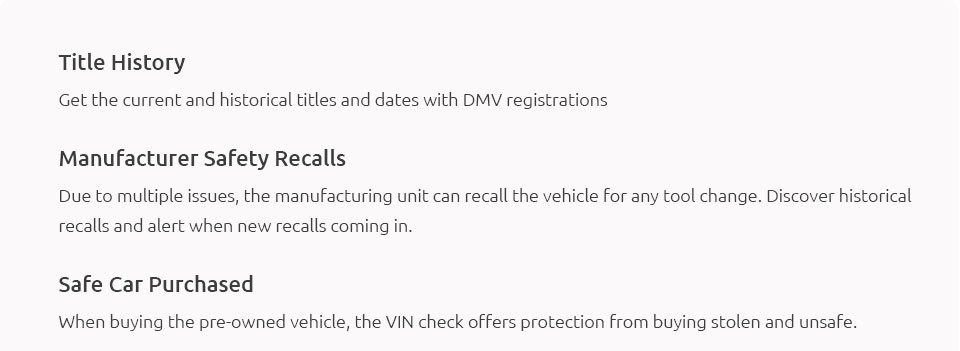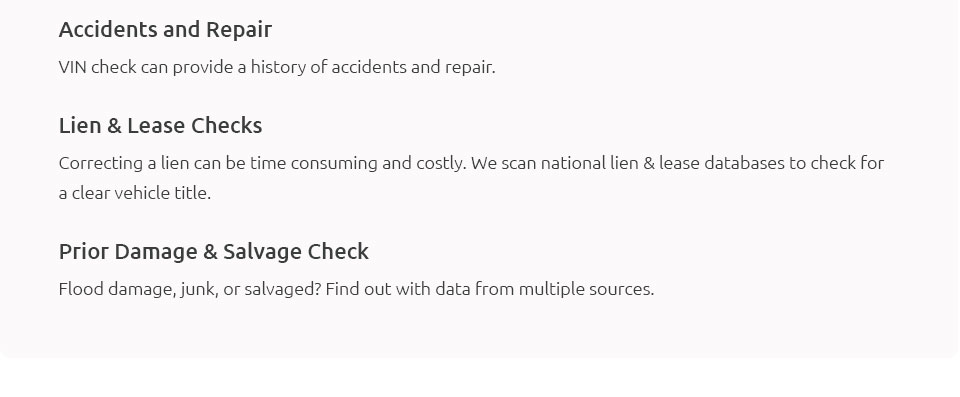 |
 |
 |
||
 |
 |
|
 |
||
 |
 |
 |
 |
||
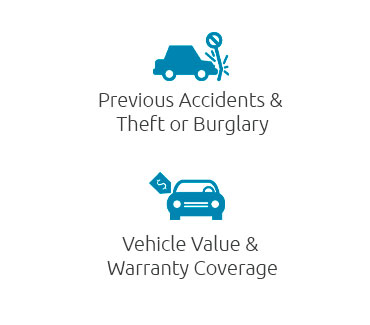 |
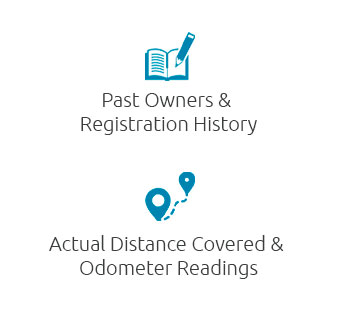 |
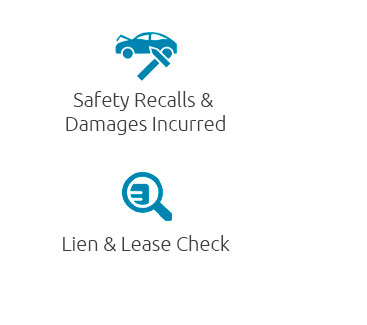 |
 |
 |
||||
|
||||
 |
Understanding Free Lien Search: What You Need to KnowIn the ever-evolving landscape of property transactions, the concept of a free lien search often emerges as a pivotal point of discussion. Whether you're an enthusiastic first-time homebuyer, a seasoned real estate investor, or simply a curious individual eager to comprehend the intricacies of property ownership, understanding how to conduct a free lien search is invaluable. Liens-essentially claims against a property due to unpaid debts-can significantly impact both the buying and selling processes, making it imperative to grasp this concept thoroughly. Let's delve deeper into this topic and explore the nuances, advantages, and potential limitations of conducting a free lien search. What is a Lien?At its core, a lien is a legal right or interest that a lender or a creditor has in a borrower's property, granted until the debt obligation is satisfied. Liens can arise from various circumstances, including unpaid taxes, mortgages, or even judgments resulting from lawsuits. They effectively serve as a security measure, ensuring that creditors receive payment before the property can be transferred or sold. Recognizing the existence of a lien is crucial because it directly affects the property's clear title status, a vital aspect for any buyer or seller. How Does a Free Lien Search Work?Fortunately, in today's digital era, accessing public records has become more streamlined, allowing individuals to perform lien searches without incurring costs. A free lien search typically involves examining public records held by local government offices, such as county clerks or recorders. Many jurisdictions have digitized these records, providing online databases where users can conduct searches by entering the property's address, owner's name, or parcel number. Benefits of Conducting a Free Lien Search
Potential LimitationsWhile free lien searches offer numerous benefits, it's essential to acknowledge their limitations. One notable drawback is the possibility of incomplete or outdated information. Public records may not always reflect the most current status of liens, as there can be delays in updating databases. Additionally, the process can be time-consuming for those unfamiliar with navigating public records. As such, while a free lien search is a valuable tool, it should be considered as part of a broader due diligence process rather than a standalone solution. ConclusionIn conclusion, a free lien search is a powerful resource for anyone involved in real estate transactions. By providing critical insights into a property's legal standing, it helps mitigate risks and facilitates informed decision-making. However, users must remain aware of its limitations and consider supplementing this search with professional advice when necessary. As the adage goes, knowledge is power, and in the realm of property transactions, understanding the implications of liens can make all the difference in achieving successful outcomes. https://newyorkcourtrecords.us/liens/
Title companies' websites. Provide the property address or input it into the title search to locate the property records or land records. Free Lien Search on ... https://www.realtor.com/advice/finance/how-are-liens-handled-when-a-home-is-sold/
The search for liens is free, though you may have to pay a small fee for a copy of the report, which will vary by county. Another easy place to ... https://appext20.dos.ny.gov/pls/ucc_public/web_search.main_frame
liens filed under Article 10-A of the Lien Law. Search results are ...
|

